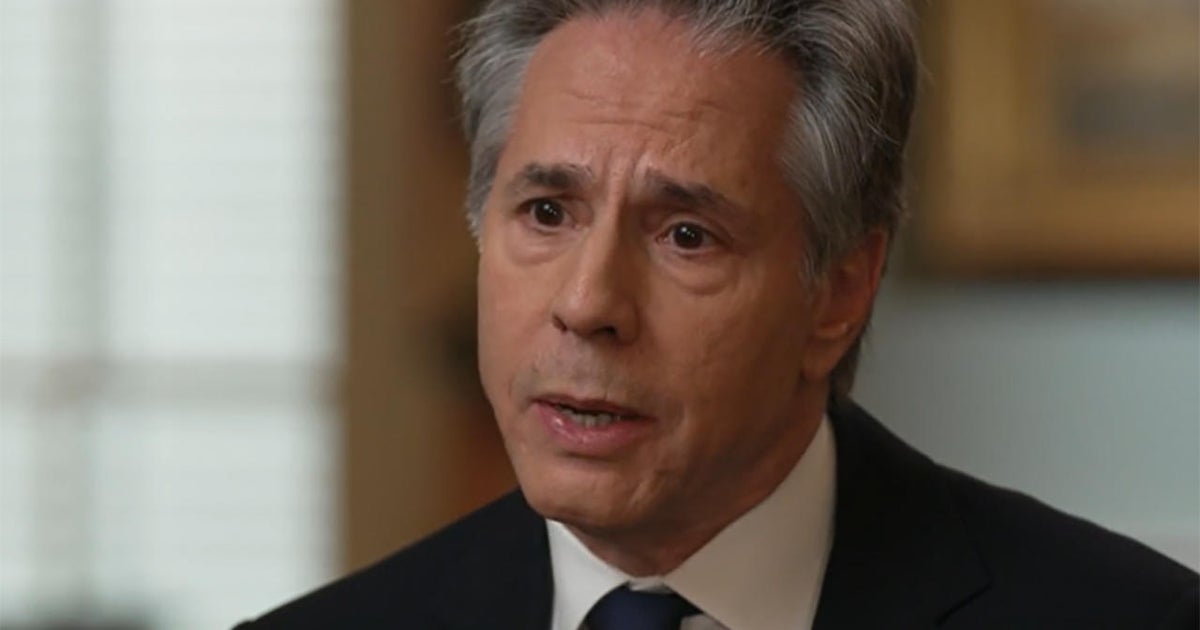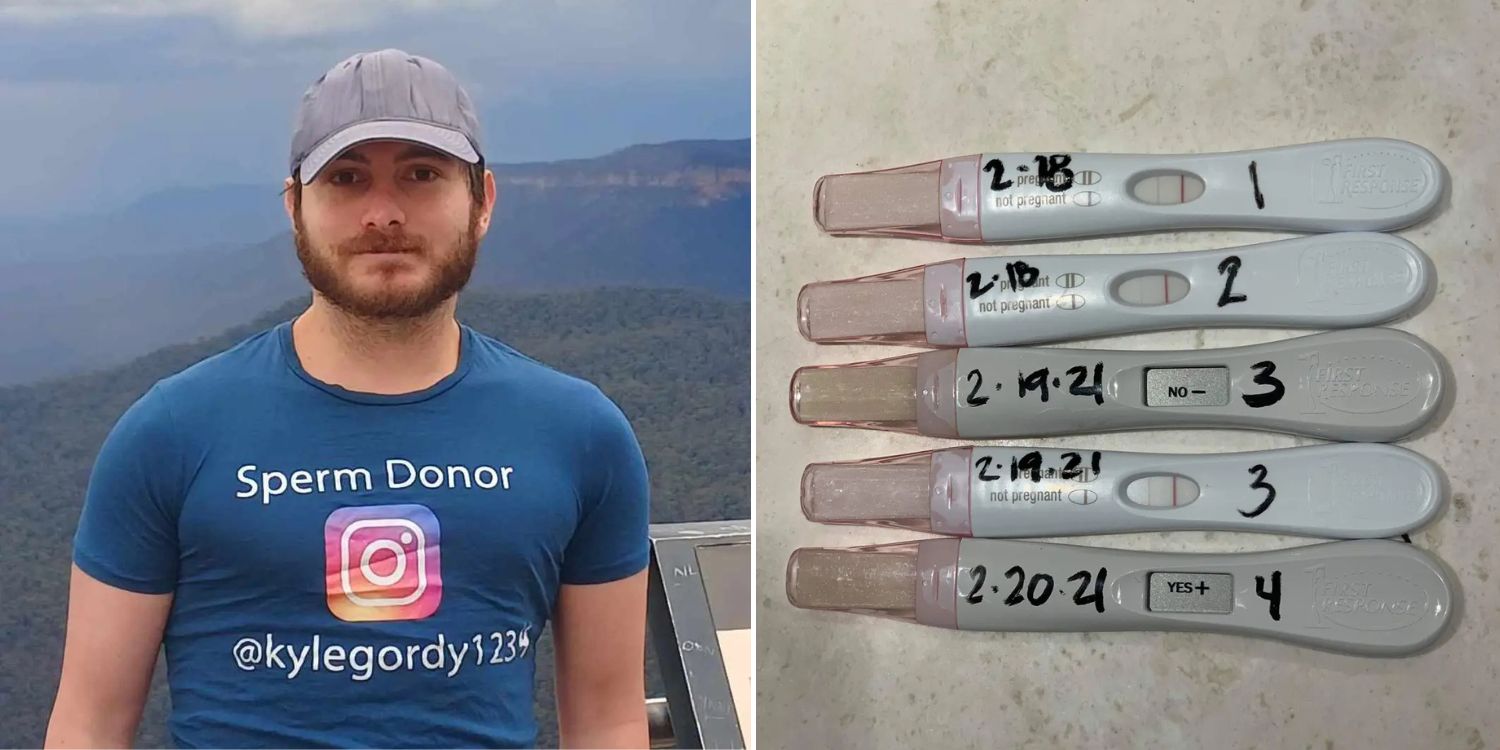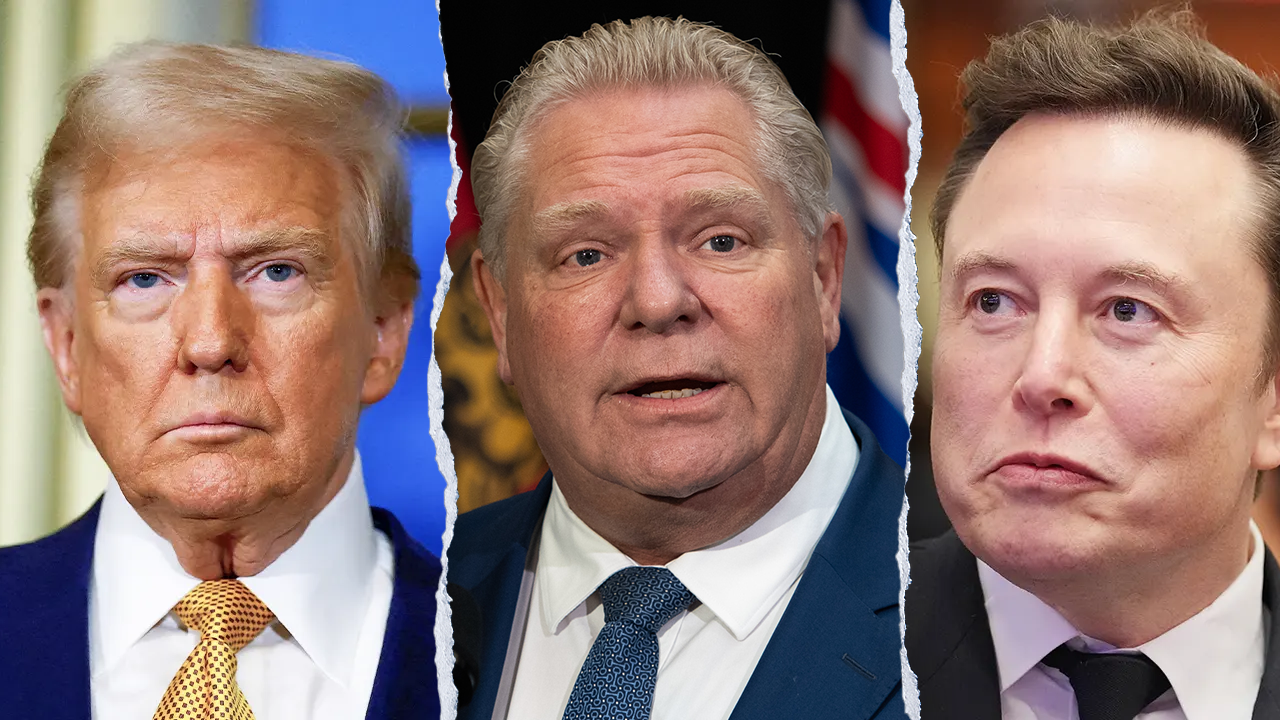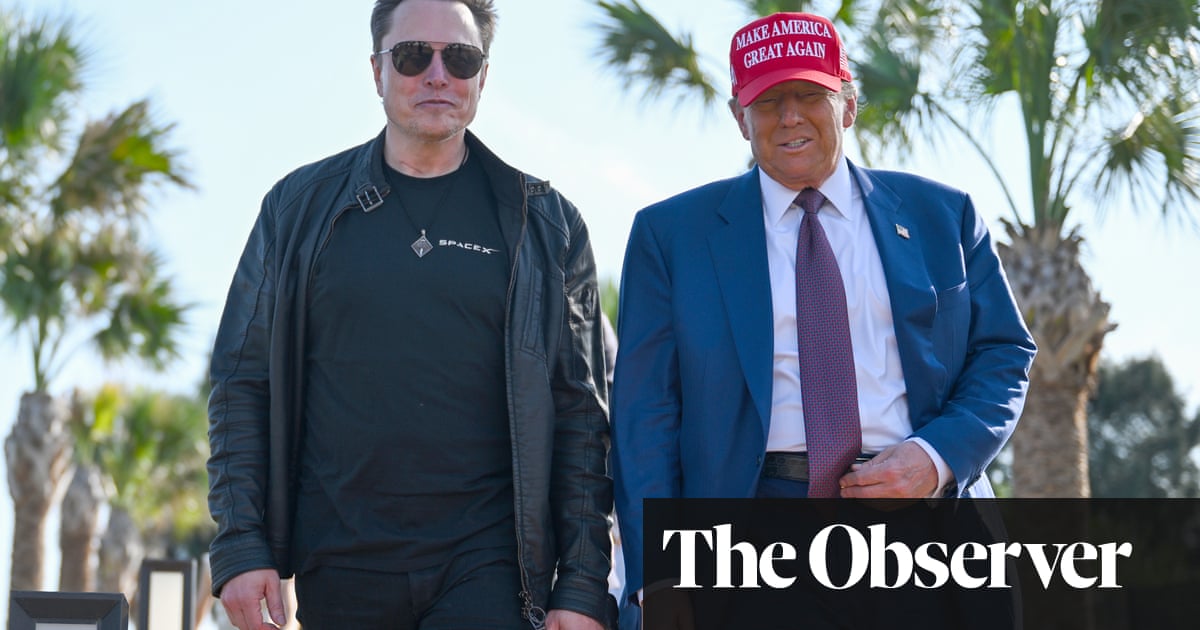World
Turkey will not ‘be rushed’ on Ukraine NATO membership, Erdogan tells NBC News
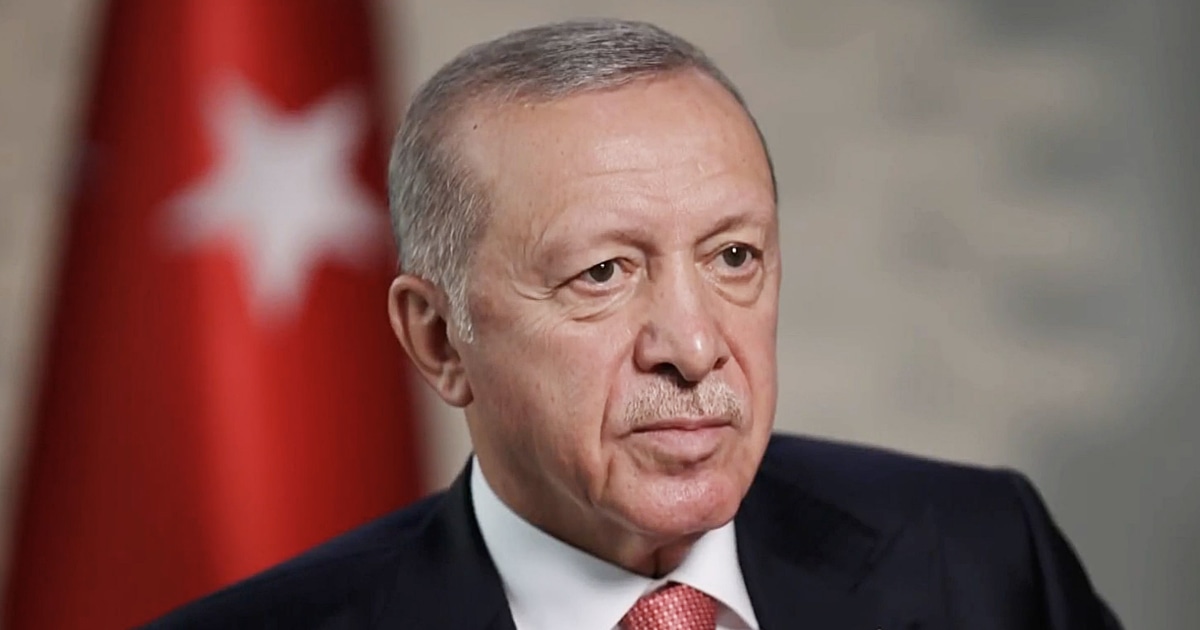
Ukraine’s proposal for NATO membership is not a question “to be rushed,” Turkey’s President Recep Tayyip Erdoğan told NBC News in an exclusive interview Tuesday, adding that relations between his country and Russia were “expanding.”
Speaking on the sidelines of the United Nations General Assembly in New York, Erdoğan said that the U.S. and other members of the Western alliance “don’t want Ukraine to be a member state.”
“These are not questions to be rushed,” he said. “And when making our minds, when we are taking our decisions, we always take into consideration the stance of other NATO member states, we discuss those possible questions around the table and make the final decision accordingly.”
His comments will likely prove disappointing for his Ukrainian counterpart, Volodymyr Zelenskyy, who is set to present his victory plan to the White House this week.
While the specifics of Zelenskyy’s proposal have been closely guarded until it can be presented to President Joe Biden, some of the basic details have emerged including the need for fast action and, crucially, a security guarantee of NATO membership, according to Zelenskyy’s chief of staff, Andrii Yermak.
In a Telegram post late Tuesday, Zelenskyy said he had “discussed the implementation of the peace formula” with Erdoğan.
But the Turkish leader appeared to dash any hopes of a fast-track to NATO membership in his interview with NBC News.
He said he would consider the position of other members of the alliance. “We are going to follow the developments, the deliberations, and reach a final decision accordingly. These are not decisions to be rushed in an excited way,” he said.
Erdoğan shocked members with a threat to veto the bids of Sweden and Finland, who abandoned their long-held nonaligned status and applied to join NATO, shortly after Russia launched its invasion of Ukraine, frustrating other NATO allies who had been pressing for their swift accession.
The parliaments of all 30 NATO members must ratify newcomers, but Erdoğan blocked the move, insisting the Nordic pair change their stance on Kurdish rebel groups that Turkey considers terrorists. He also called for the extradition of wanted terrorists to Turkey and for the lifting of arms restrictions imposed after his country’s 2019 military incursion into northeast Syria.
But eventually Turkey ratified both countries for membership. Erdoğan linked Sweden’s NATO membership to the U.S. Congress’ approval of a Turkish request to purchase 40 new F-16 fighter jets and kits to modernize the country’s fleet.
Erdoğan has also been criticized in some quarters for accepting an invitation to attend the BRICS conference in Russia next month, signaling his openness to the bloc of developing countries led by Brazil, Russia, India, China and South Africa.
“Our relations with Russia are multidimensional, political, economic, cultural, defense industry related,” Erdoğan said. “There are many dimensions, dimensions there and our solidarity, our interaction, has been going on and economically every day, these relations are expanding.”
Erdoğan’s lean toward Moscow follows years of tense U.S. relations, as Turkey occupies both a crucial geographic and political center between Moscow and Washington.
And one of the fault lines appears to be widening over the crisis in Gaza.
The Turkish leader has been one of fiercest critics of Israeli Prime Minister Benjamin Netanyahu, and in a scathing speech to the United Nations General Assembly on Tuesday he was extremely critical of Western states for failing to take a stance against Israel, which he said had perpetuated violence in the Middle East.

Health officials in Gaza say more than 41,000 have died in Gaza since Israel launched its offensive in the enclave after Hamas Oct. 7 terror attacks in which about 1,200 people were killed and Palestinian militants took around 250 hostages, according to Israeli tallies.
“Unfortunately, many Western countries remain silent in the face of Israel, and they never took a stance against Israel,” Erdoğan said, adding: “Amongst the NATO allies, unfortunately, there are many countries siding with Israel. We are here in the United States right now, and the United States is actually one of them.”
Biden, he said, “was critical of Israel on one side and on the other side, he was supportive of Israel in certain ways, amongst which we have weapons, ammunition and the aircraft carrier of the United States was dispatched to the Mediterranean in order to help Israel.”
Unlike the U.S. and several other countries which proscribe Hamas as a terrorist organization, Erdoğan said that he did not because the militant group was “spending efforts in order to protect their motherland, and they are actually a group of resistance, so I can’t call such a group of resistance a terrorist organization.”
Erdoğan’s stance on Ukraine, Russia and Israel highlights the complex and challenging alliances America’s next president will be forced to navigate. But despite his criticism of the U.S., Erdoğan insisted he was prepared to work with whoever wins the White House.
“We are governing countries, nations, people, and while doing so, it’s impossible for us to think separately,” he said. “The American position is quite obvious on a global scale, the Russian position is quite obvious on a global scale. And we are going to continue our relations with all of the administrations in a close manner.”

